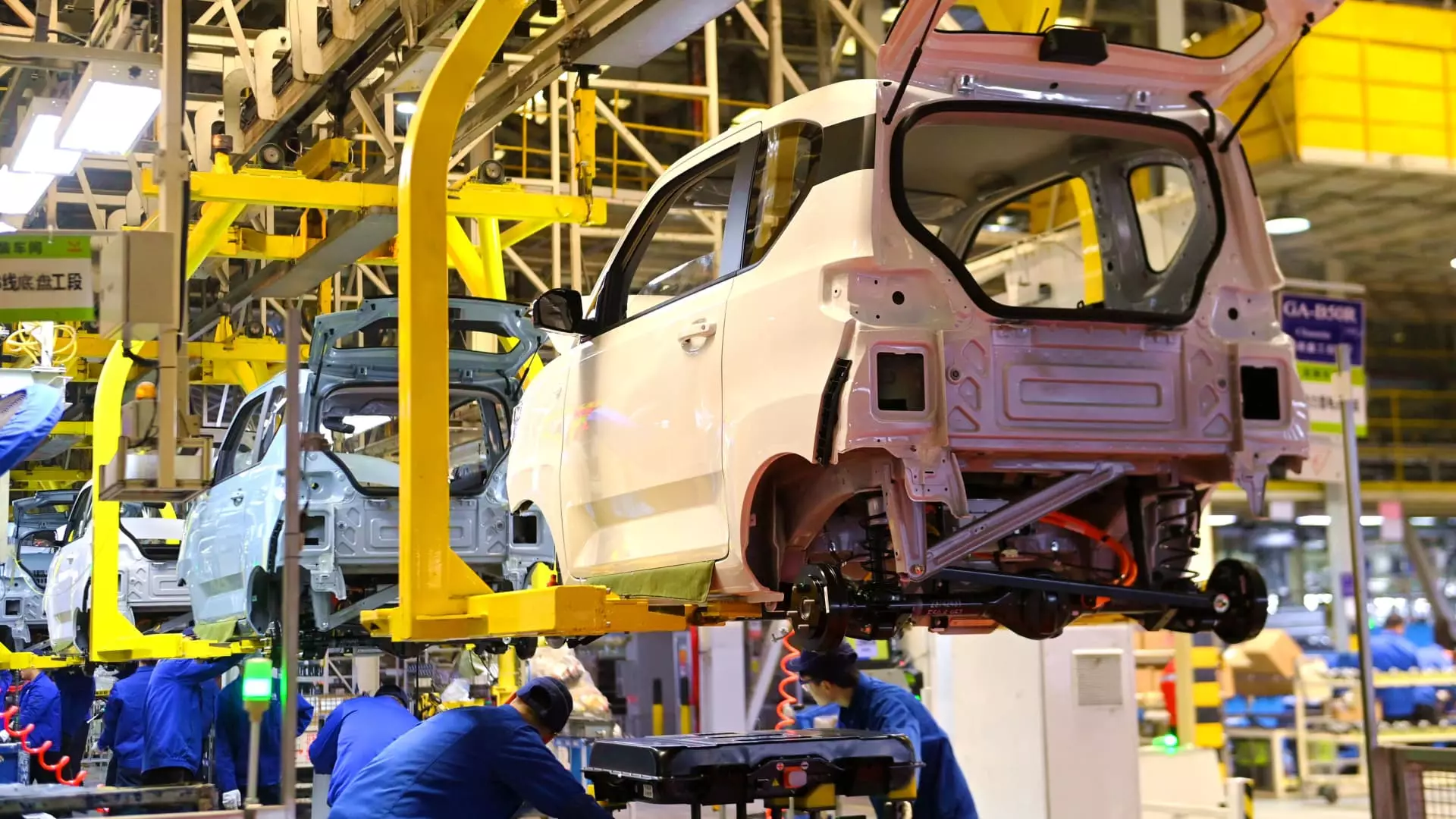China has invested $230.8 billion over a span of more than a decade to develop its electric car industry, according to the Center for Strategic and International Studies. This significant government support accounts for 18.8% of total electric car sales between 2009 and 2023. However, the ratio of spending to EV sales has decreased from over 40% before 2017 to just above 11% in 2023. The findings raise concerns as the EU and the U.S. plan to impose tariffs on Chinese electric car imports due to the subsidies provided by China in their production.
Scott Kennedy, trustee chair in Chinese Business and Economics at CSIS, highlights that Beijing’s support for electric cars has also involved non-monetary policies that favored domestic automakers over foreign ones. Despite this, the U.S. has not created conditions as conducive as China’s for nurturing its electric car industry. Kennedy emphasized that Western automakers and governments have been sluggish in their approach, contrasting it with China’s proactive stance in the sector.
China’s early EV development witnessed instances of fraud, with companies duping the government of significant amounts. Moreover, the proliferation of Chinese-made electric vehicles has eaten into the market share previously held by foreign automakers. This competition has been intense, leading analysts to suggest that major U.S. automakers should consider exiting the Chinese market. The intense price war in the EV industry has put pressure on profitability, with companies resorting to price cuts or launching cheaper product lines.
Despite the substantial government support and market growth, Chinese EV companies have not seen a significant boost in profits. BYD’s net profit per car has declined, as has Tesla’s, reflecting the challenging market conditions. Nio, a Chinese electric car startup, is still operating at a loss, indicating the tough competition in the industry. Bank of America analysts have suggested that industry consolidation might be necessary to address the growing gap between supply and demand.
The U.S. has been ramping up efforts to support electric cars, with the Inflation Reduction Act allocating $370 billion for promoting clean technologies. This legislation includes a $7,500 credit for qualifying electric car purchases, unlike China’s average support per electric car purchase, which has decreased over the years. The evolving dynamics in the global electric car industry underscore the need for strategic policymaking and market adjustments to ensure sustainable growth and profitability.



Leave a Reply